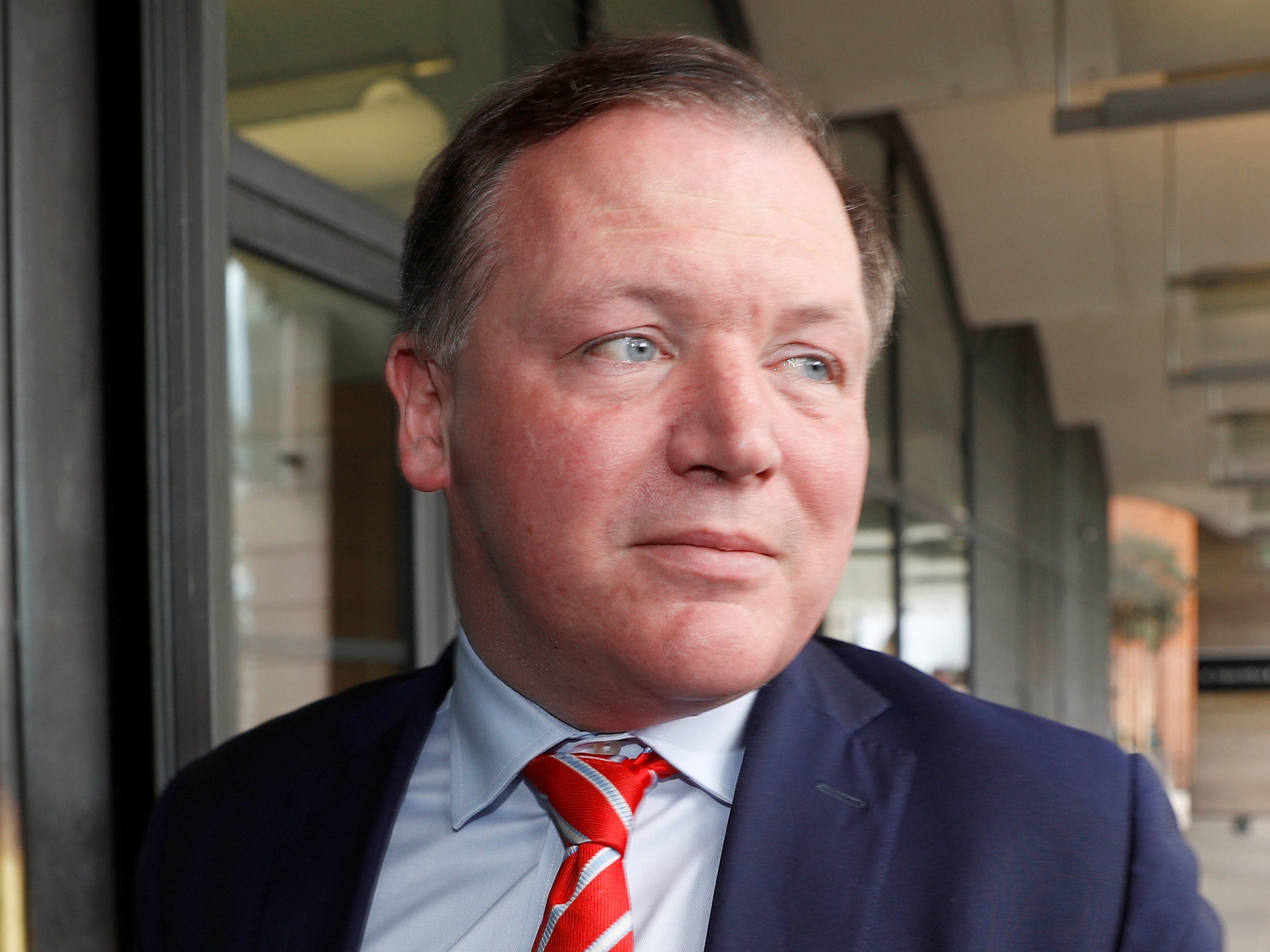
MPs and peers have said proposed legislation to help people stay safe online needs stronger protections for news publisher content.
The Joint Committee on the draft Online Safety Bill, chaired by Conservative MP Damian Collins (pictured) has said “major changes” are needed to the bill, which is expected to pass through Parliament in 2022.
These include altering the legislation to prioritise the protection of “content where there are reasonable grounds to believe it will be in the public interest” rather than “journalistic content” and “content
of democratic importance”.
The Government has already made clear that content on news publishers’ websites, including both articles and user comments, is not in scope of the legislation.
Clause 14 of the draft bill states that online services providers such as Facebook and Twitter will have a duty to ensure that the importance of the free expression of journalistic content is taken into account when making decisions about whether material should be taken down.
It says the platforms must have a special complaints procedure for publishers to appeal any alleged removal of journalistic content, which is defined as content from a news publisher or other regulated service that is UK-linked and “generated for the purposes of journalism”.
The joint committee’s report, published on Tuesday, called for the exemption for news publisher content to be “strengthened” to say it “should not be moderated, restricted or removed unless it is content the publication of which clearly constitutes a criminal offence, or which has been found to be unlawful by order of a court within the appropriate jurisdiction”.
It urged the Government to look at “how bad actors can be excluded from the concept of news publisher” after concerns, including from Facebook, that the broad definitions in the bill may mean people could claim to be citizen journalists to have harmful content protected.
“We suggest that they may wish to exclude those that have been repeatedly found to be in breach of The Ofcom Broadcasting Code, or are publications owned by foreign Governments,” the report said. This would mean Russian state-funded RT or China’s CGTN would both be excluded from the protections.
The report suggested that the definition of exempted news content should be tweaked to emphasise the importance of the public interest.
The exemption for citizen journalism “is not, nor is it intended to be, a blanket exemption in the same way as that for news publisher content, but a counterbalance to prevent overzealous moderation, particularly in borderline cases,” it explained.
The report added: “…we are concerned that any definition of journalistic
content that is designed to capture citizen journalism would be so broad it would render the consistent application of the requirement almost impossible, and see the expedited complaints route overwhelmed by people claiming without merit to be journalists in order to have their content reinstated.
“’Public interest’ might be more useful in ensuring that content and activity is judged on its merit, rather than its author.”
The report therefore recommended that the existing protections for journalistic content, as well as the related provisions for content of democratic importance, “should be replaced by a single statutory requirement to have proportionate systems and process to protect ‘content where there are reasonable grounds to believe it will be in the public interest’”.
Content in the public interest would include journalistic content, contributions to political or societal debate and whistleblowing, it said.
The report called for Ofcom, as digital regulator, to produce a binding Code of Practice on how online platforms should protect such content as well as guidance on what is likely to be in the public interest.
The “systemic, unjustified take down” of content likely to be in the public interest would be a “failure to safeguard freedom of expression,” the report went on. Adopting this position would likely be reassuring for publishers that raised concerns that, despite the Government’s reassurances, platforms could err on the side of removing content in an attempt to avoid falling foul of user protections in the bill.
For example Peter Wright, editor emeritus at DMG Media, had told the committee he feared the use of “blunt” algorithms may mean news content is caught by automatic moderation while ex-Society of Editors president Alison Gow, said that by the time the issue is addressed by human moderators, it is often too late and the “story is lost”.
The politicians also raised concerns that some consumer and business magazines and academic journals may not be covered by the definition of “news publisher” in Clause 40 of the draft bill – meaning they would not benefit from the same exemptions as other publishers. They asked the Government to consult with industry bodies such as the Professional Publishers’ Association to see how the exemption may be amended without creating a loophole.
The Government must respond to the committee’s report within two months.
The News Media Association, which represents the UK’s national and regional newsbrands, urged the Government to adopt the recommendations in full.
“In particular, we welcome the committee’s recommendation to strengthen exemptions for news publishers and journalistic content from the scope of the new regime,” NMA chief executive Owen Meredith said.
“As the committee noted, platforms already have a significant impact on UK citizens’ access to reputable professional journalism. With these recommendations we hope the Online Safety Bill will start to address this particular challenge.
“We note that the report includes a recommendation for Government to work with industry bodies to ensure that the news publisher content exemption is watertight and fit for purpose, and we look forward to engaging with policy makers on this vitally important provision.”
Picture: Reuters/Peter Nicholls
Email pged@pressgazette.co.uk to point out mistakes, provide story tips or send in a letter for publication on our "Letters Page" blog
